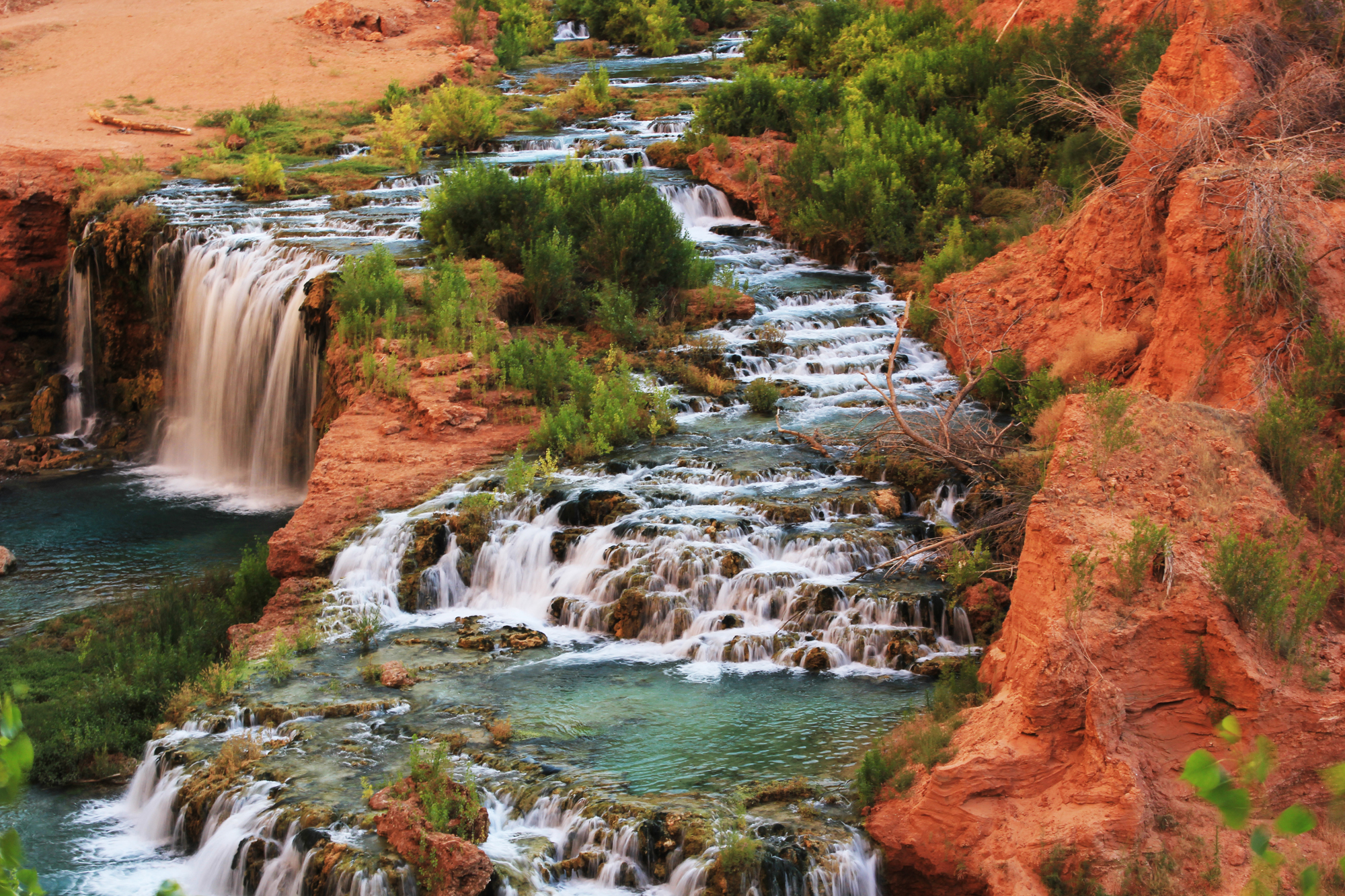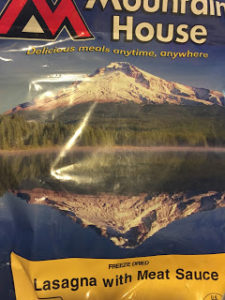A sure sign of a rookie backpacker/tent camper is leaving food or smelly things like soap products, toothpaste , etc in their tent. Critters of all sort will destroy your gear trying to get to it. The Havasu Falls area campground is well known for this problem.
If you made this error in bear country you most likely would have a lasting memory.
This includes packs and sleeping bags. Anything left on the ground or simply hung on a tree. Anything with a “Smell” no matter how well sealed or even unopened. It all needs to be removed from your gear when unattended or when your are sleeping. Then other prevent measures taken.
Though this is not bear country there are numerous critters that have had generations worth of training in this area due to visitors not practicing food storage protection.
A Ratsack or other food protection method is necessary when backpacking the Havasu Falls area. There are a variety of critters lurking, waiting to snack on what you transport in. We have made the trip to Havasu Falls numerous years. We have hit all seasons. From blistering summer heat, to bone chilling times of the year with snow. We have found all seasons have critters looking for easy food pickings. Namely your backpacked food.
We have made the trip to Havasu Falls numerous years. We have hit all seasons. From blistering summer heat, to bone chilling times of the year with snow. We have found all seasons have critters looking for easy food pickings. Namely your backpacked food.
While the squirrels are the most prevalent and most destructive. There are also ring tailed cats (similar to a raccoon), mice, rats, roaming horses, and the local dogs. While all times of the year have their hazards, the warmer months see the highest activity.
You want to protect your tent, packs, and sleeping bags from damage. While in your campsite, keep all food and smelly items such as toothpaste, soap, cosmetics, lip balms, etc out of your tent, sleeping bags, and packs that are left unattended. Forget for even 5 minutes and it may be too late.
They will chew through tents (the rodents), drag your pack away (ring tails and dogs), and trample your tent (horses). The horses can also stand on their hind legs to rip packs down that are hung on tree’s.
The first line of defense is to get your food and toiletries away from your expensive gear. Many use tupperware containers and things like that.
Our most successful method of prevention so far, is to purchase a Ratsack, to stash our stuff. Then use a length of 100lb test mono-filament fishing line over a high tree branch. Hoist up the sack high enough. Keep in mind horses will stand on their hind legs to reach up and try to snatch goodies.
All of our items are first put in ziplock freezer bags. Even our “Pack it out Trash” is ziplock bagged and kept in your Ratsack too.
We ordered our “Ratsack”off Amazon. Only the large size was available at the time. When it arrived it looked overly large. It probably is too large for a single person. In hindsight I am glad that was the one we purchased. For two people it is very ample. We hadn’t thought through the trash issue until we were actually on the first trip with it. Then we were glad for the larger ratsack. We had plenty of room for both food and trash, times 2 people, for a 3 night backpacking trip.
Other successful suggestions: At times there are 5 gal plastic buckets with lids available from the ranger building at the entrance to the campgrounds. These are effective. People that have used them suggest sliding them under the picnic table seat anytime you are not into your food.
The only problem is you can’t depend on buckets/pails being available. Especially when there during busy times. If you want to guarantee you have some type of protection, bring it with you.
Bear proof containers are another option if you have one and don’t mind the additional weight. I would opt for the Ratsack in lieu of the Bear proof container. I have both to pick from. Its all about weight!
Keeping with Leave No Trace. Whatever you bring to hang your food. Containers, string, rope, or what have you. Be sure to take it down and pack it out when you hike out. Don’t leave any of it behind for the “next person”.
![]()

